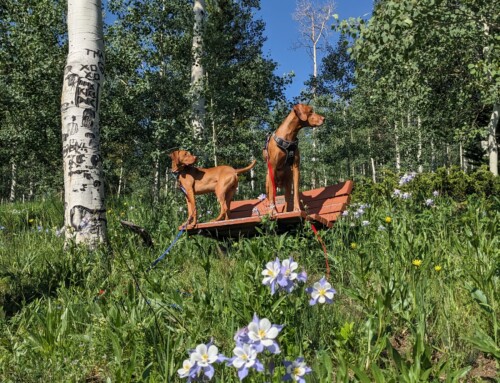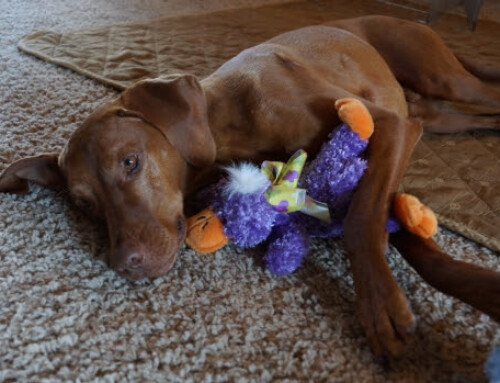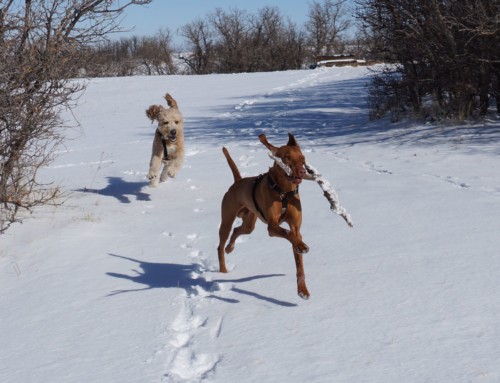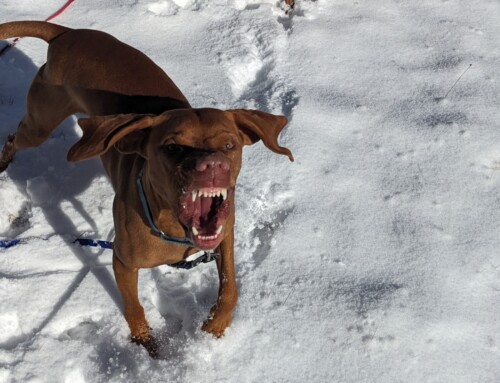DOG TRAINING OFFERED IN-PERSON AND ONLINEOur dog training services are delivered in almost any format that meets your needs. We have GROUP CLASSES at our indoor and outdoor facilities on our farm, ONLINE LIVE STREAMING classes, and SELF-PACED VIDEO-BASED training through our Online Dog Training Course. Our PRIVATE TRAININGS can be done in-home, outside, in public dog-friendly locations, at our facility on our farm, online via phone or video conferencing and through email. |
Everyone learns at their own pace. No one clarified that better for me than my Smooth Coat Collie, Joxer.
I adopted Joxer through a Collie rescue group in October of 2001. He had been in rescue for eight months when I adopted him. They believed he was in the 2 to 3 year old range.
Joxer had a rough start to life. I could tell from the issues I saw that his original family was not good to him. Joxer feared many things that he should have either loved or should have at least been no big deal for him.
If you grow up in a household, normal household noises should not send you into a panic. If you grow up in a healthy household with kids, you should love – and know how to play with – kids and toys. He was extremely afraid of kids. He was severely afraid of balls and squeaky toys and things tossed through the air. He had no clue how to play with toys. Those are all big red flags that he was not treated properly in that original household.
Then in rescue, for eight months, he spent much of his time in a kennel. Though the rescue dogs would get some time in the house, they were rotated around through the kennels, so much of his time there was little enrichment.
Joxer didn't really know how to be a dog. He didn't love a lot of “normal dog things” because no one ever gave him the chance.
He never got the chance, as a puppy, to develop the way that he should have. He clearly had no prior training when he came to me. He never learned how to learn. When you don't get those opportunities as your brain is developing, then it significantly impacts your ability to learn for the rest of your life.
It was clear early on, that Joxer was very slow to learn new things. Things we think of as simple for dogs, like Down (lying down) on cue, were not so simple for Joxer. Each thing I taught him took a lot of time and a lot of repetition.
Did he learn everything I wanted him to? Yes. Was he well-trained? Yes. Eventually. But it took a LOT of time and patience.
For most dogs, regular repetition helps them catch on fairly quickly to things like Sit, Down, Wait, and Come. For Joxer, if a typical dog took dozens of repetitions for something to click in for them, he took hundreds of repetitions.
He learned everything I asked of him. He even earned his Canine Good Citizen title through AKC. But it took a lot of work and patience to get there.
Joxer actually was a fabulous dog. He was a super sweet guy. He tried SO hard. But he lived his entire life with anxiety that never fully went away.
He was a fantastic helper dog in my business once we got far enough along in his training. The dog who started out with zero social skills ended up being my helper dog with other dogs who had poor social skills.
Was he capable of learning everything I wanted? Yes. He just needed a lot more time for things to sink in.
Once he had learned things, his responses were always a bit delayed. So if you normally expect a dog to Sit when asked within a couple of seconds, Joxer could easily take twice as long. His brain processed things slowly. So he would Sit when asked but it might take 3, 4 or 5 seconds instead of 1 or 2. He needed time to hear it, process it in his brain, and then execute it. Everything was on a slight time delay.
He was a fantastic dog, and I loved him dearly. I just needed to be very patient with him and take the time he needed to do what I asked of him. I needed to understand what he was and was not capable of.
If I had gotten upset and tried to correct him for not responding fast enough, that would never have helped him respond any faster. He literally was not capable of fast responses.
Understand your dog well enough to know what they might need and how they might be different from your other dog or your last dog or everyone else's dog in class. Understand what their limitations are.
But also understand what their possibilities and capabilities are. for the dogs who need more time and more patience, there are also the dogs who need more stimulation and more things to do because they are three steps ahead of everyone else.
Everyone is different. Everyone learns at their own pace. Figure out what your dog's pace is and help him be the best dog he can be.
Our goal is to positively impact the lives of as many dogs and their families as we can, in part through our extensive library of video, infographics and text articles. |










Leave A Comment